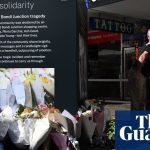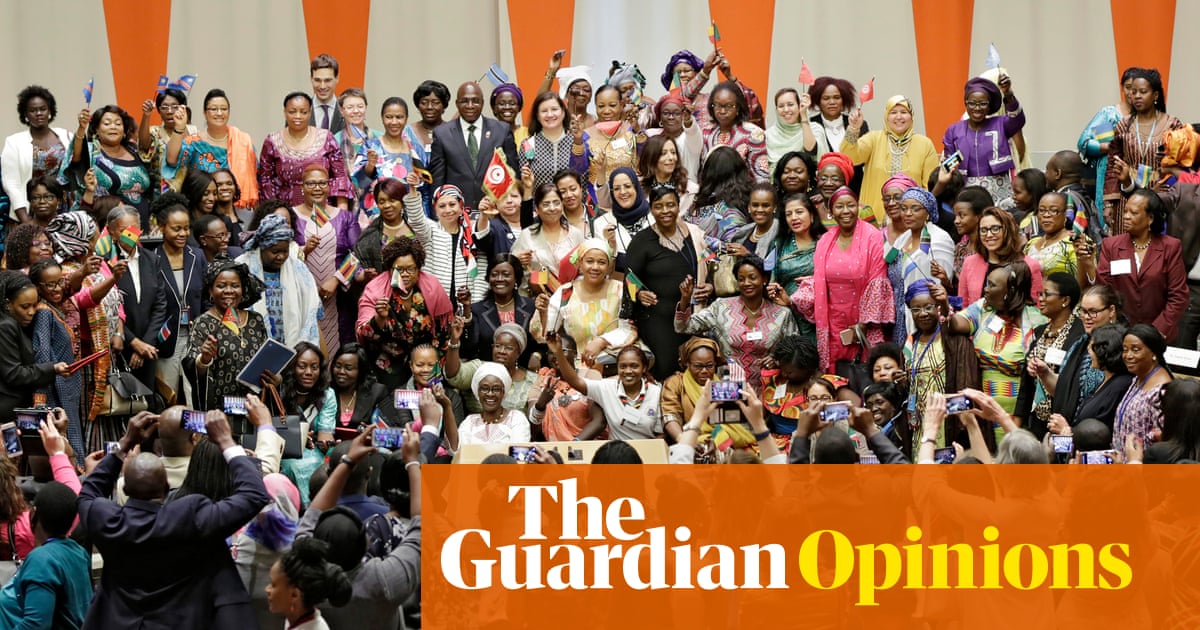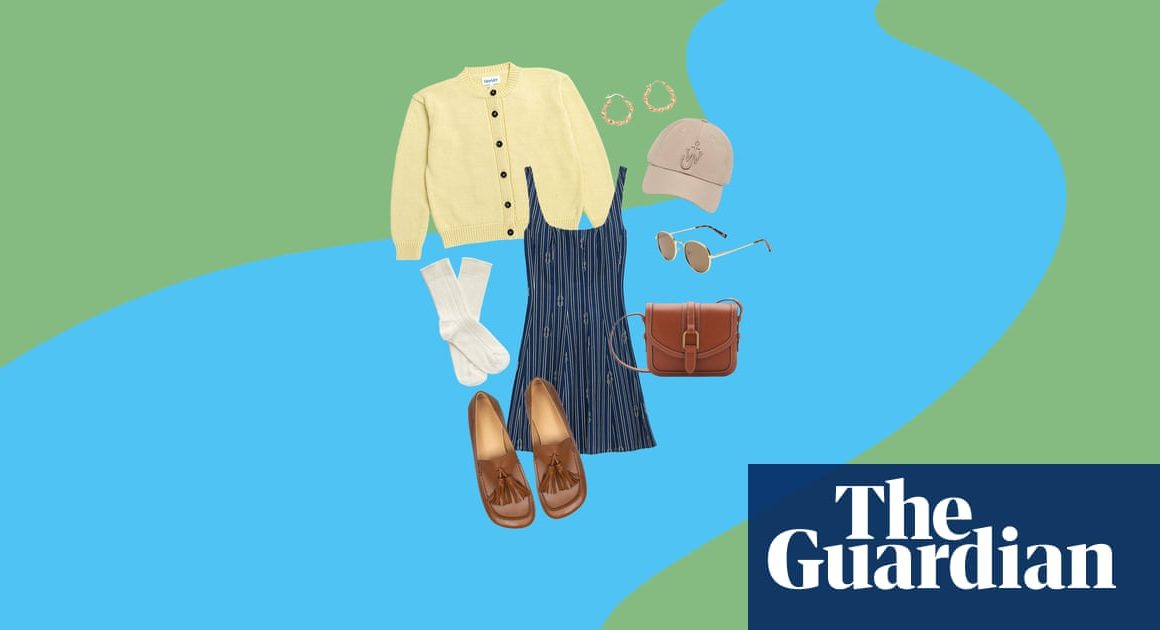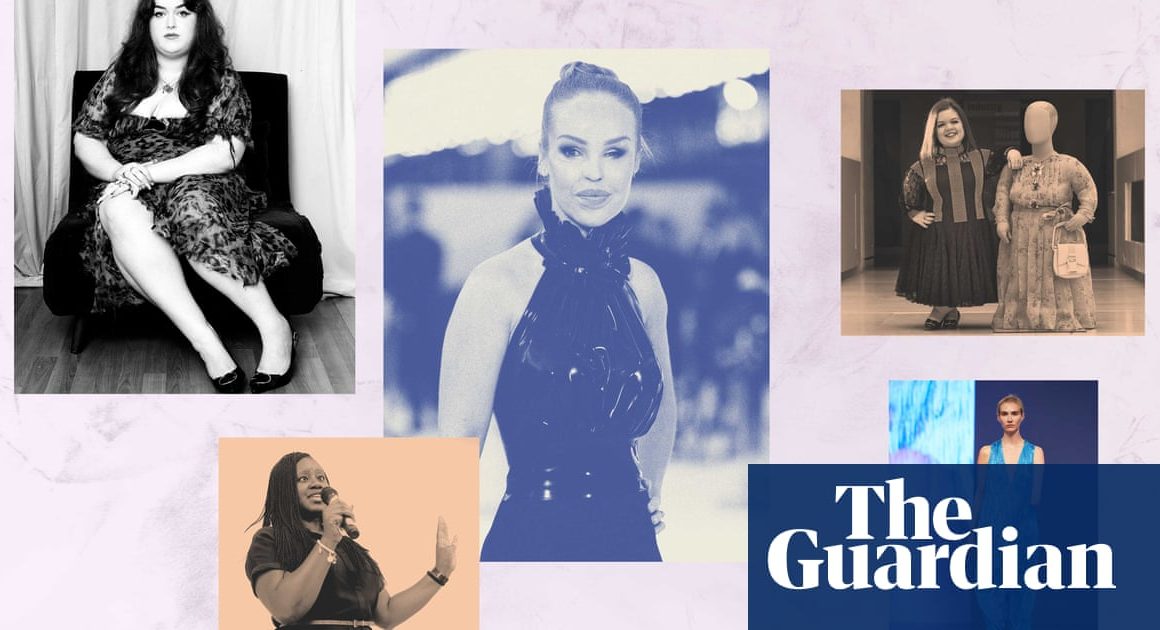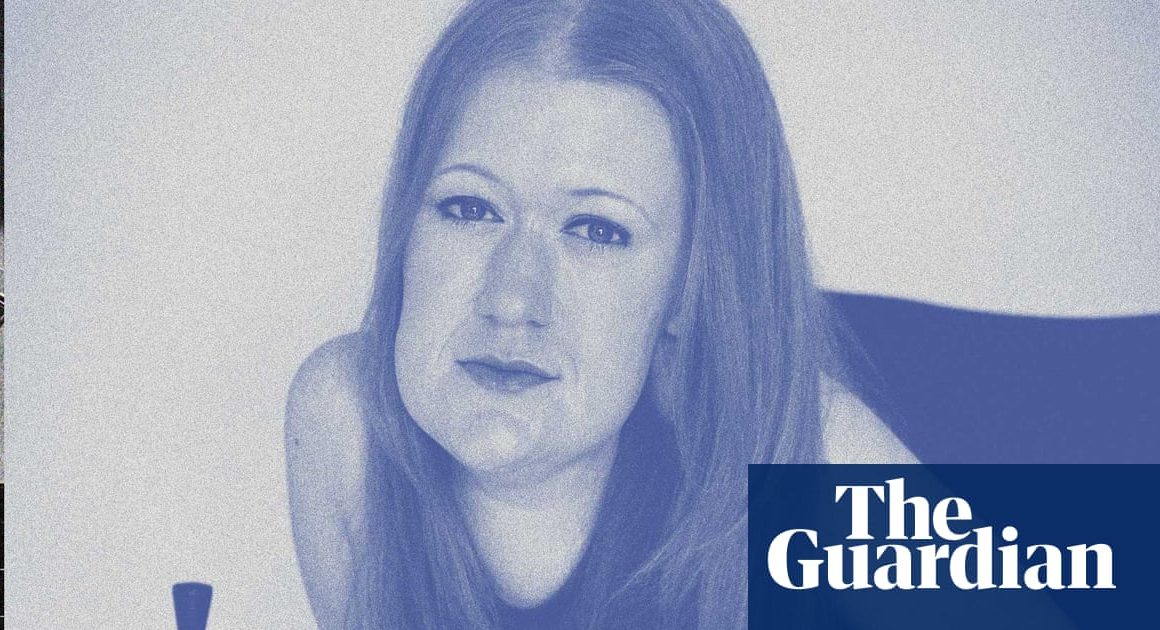What does it mean to be African? Is it simply being one of the 1.5 billion people from the continent? Does African mean the same as black? If you are a descendant from the UK, US, Brazil or Cuba, are you still African? Are only black Africans African, or does this include white Zimbabweans and Arab Egyptians? Or is Africa merely “a western invention”?
These questions are passionately debated. To be African is to inhabit an identity shaped by a complicated history, politics and geography. Yet there is one aspect of this identity that receives far less discussion: namely, do we see Africans as male?
This may sound glib, but it’s a valid question. Africanness may be perceived as neutral, yet it is overwhelmingly shaped by male experiences. This is evident in political leadership, cultural representation, intellectual traditions and social structures, where men dominate positions of influence. It is African men who define the continent’s ideas, values, traditions and cultural beliefs – setting the parameters of African identity.
At their annual summit last week in Addis Ababa, members of the African Union (AU) – the continent’s most powerful political organisation – elected Djibouti’s foreign minister, Mahmoud Ali Youssouf, as the next chair of the African Union Commission. The other two candidates – Raila Odinga of Kenya and Richard Randriamandrato of Madagascar – were also, as usual, men.
Since its founding in 1963 (originally as the Organisation of African Unity), the AU has had only one female leader: the South African politician and anti-apartheid activist Nkosazana Dlamini Zuma, elected in 2012. Introducing the leadership debate in Addis Ababa in December, the former Ethiopian ambassador Konjit Sinegiorgis, who is female, put it bluntly: “I regret the fact that our continent could not also have a female candidate, and place the AU Commission on the right side of history.”
Statements such as hers are often made but rarely heard. As far as gender is concerned, the African male position holds firm at the top, and few men see a reason to change that. The AU’s slogan is “The Africa We Want”, but in practice it has been “The Africa Men Want”. While efforts toward equality exist, these remain isolated instances rather than systemic changes.
So if women were equal architects of the continent, what kind of structures would they build? How would Africa’s “founding mothers” shape issues such as its global role, conflict resolution, democratic leadership or land ownership?
Consider land: most African farmers are women, yet many are denied land ownership simply because they are not entitled to own property or manage money. The Nigerian senate, for instance, has repeatedly blocked a bill advocating for rural women’s right to agricultural credit and loans, dismissing it as “antagonistic to African traditions”. If African traditions enable only men to manage land, then it seems women are not fully African.
You might argue that the African Union is just one institution: more telling, however, is the ideology behind it.
Pan-Africanism has shaped modern African identity more than any other movement. Yet, from its earliest days, it has been almost exclusively male-driven. The first Pan-African Conference in 1919 was all-male. The founding of the Organisation of African Unity, which institutionalised pan-Africanism, was an all-male affair. From political summits and intellectual manifestos to cultural festivals and literary journals, pan-Africanism has largely ignored African women’s experiences.
This exclusion isn’t just political or economic – though it certainly is that, with women owning less than 10% of land. It is also existential. If African identity has been wounded by colonisation, dispersal and exploitation, then African women must also contend with the fact that even the very definition of being African is entrenched in male power.
None of this is an invitation to the colonialist logic that African women need saving from African men, especially not by another corresponding patriarchal system imported from the west: the oppression of African women is sustained as much by neocolonial power structures as by male supremacy. Rather, this moment calls for an African feminist politics, not only for women but for the continent itself. This politics must assert women’s voices in Africa’s story, not merely as glorified heroines of the past or revered mother figures but as active shapers of all the economic, sociocultural, and political institutions – including the AU – that shape Africa’s place in the world.
In 1963, Julius Nyerere, Tanzania’s first president, coined the term “Africanness”, describing it as “a feeling of mutual involvement, which pervades all the political and cultural life of the continent”. If only that feeling of mutual involvement had truly pervaded: perhaps we would be further along the path toward healing, unity and conscientious leadership.
But just because past definitions of African identity have been male-centred doesn’t mean they cannot change. Women can be equal makers of Africa’s future. It won’t be easy, but it will be worth it. It will require separating Africanness from maleness. It will mean seeing African identity not just from the thresholds of male experience, but from female experience too.
-
Minna Salami is the author of Can Feminism be African? and founder of the MsAfropolitan blog
-
Do you have an opinion on the issues raised in this article? If you would like to submit a response of up to 300 words by email to be considered for publication in our letters section, please click here.


